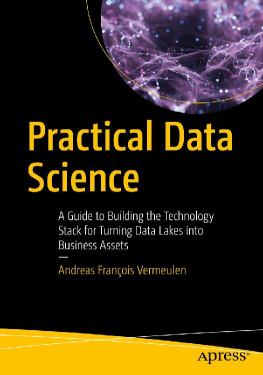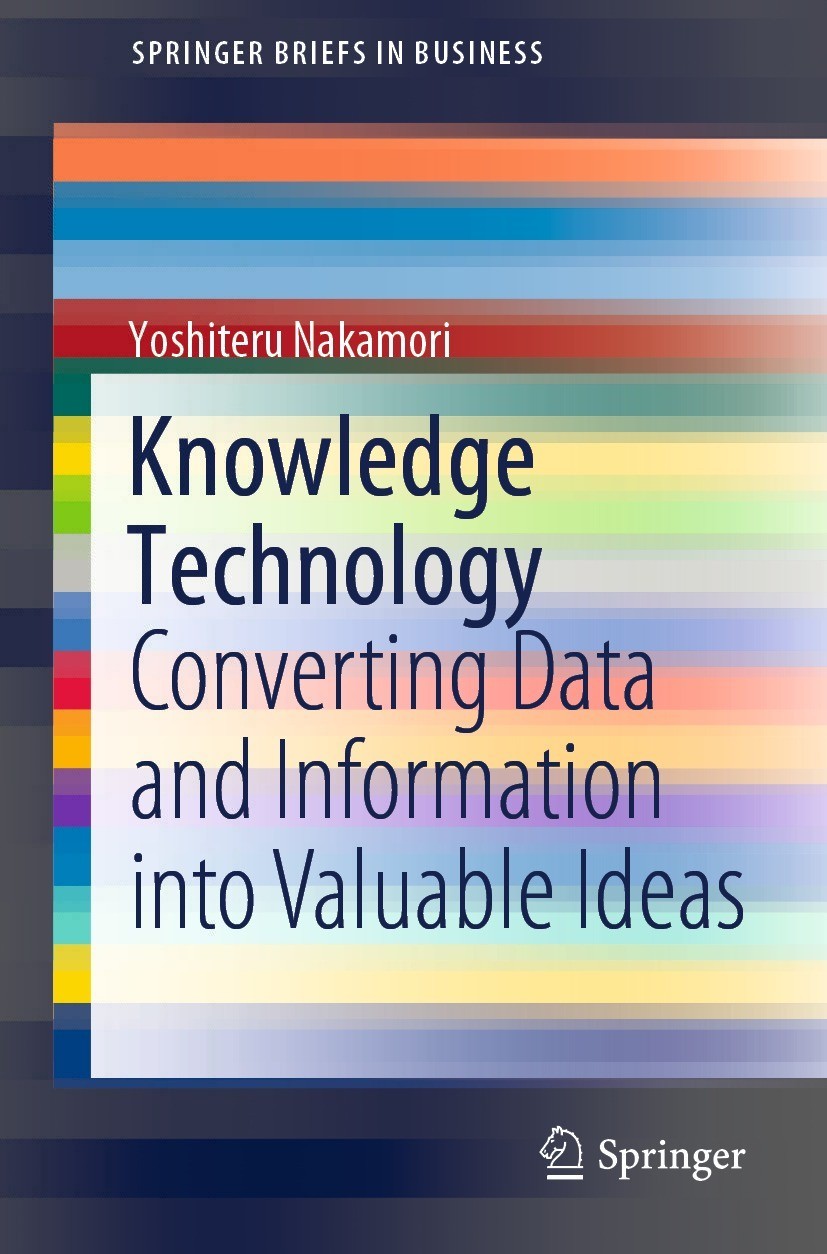Yoshiteru Nakamori
Emeritus, Japan Advanced Institute of Science and Technology, Nomi, Ishikawa, Japan
ISSN 2191-5482 e-ISSN 2191-5490
SpringerBriefs in Business
ISBN 978-981-16-3252-5 e-ISBN 978-981-16-3253-2
https://doi.org/10.1007/978-981-16-3253-2
The Author(s), under exclusive license to Springer Nature Singapore Pte Ltd. 2021
This work is subject to copyright. All rights are solely and exclusively licensed by the Publisher, whether the whole or part of the material is concerned, specifically the rights of translation, reprinting, reuse of illustrations, recitation, broadcasting, reproduction on microfilms or in any other physical way, and transmission or information storage and retrieval, electronic adaptation, computer software, or by similar or dissimilar methodology now known or hereafter developed.
The use of general descriptive names, registered names, trademarks, service marks, etc. in this publication does not imply, even in the absence of a specific statement, that such names are exempt from the relevant protective laws and regulations and therefore free for general use.
The publisher, the authors and the editors are safe to assume that the advice and information in this book are believed to be true and accurate at the date of publication. Neither the publisher nor the authors or the editors give a warranty, expressed or implied, with respect to the material contained herein or for any errors or omissions that may have been made. The publisher remains neutral with regard to jurisdictional claims in published maps and institutional affiliations.
This Springer imprint is published by the registered company Springer Nature Singapore Pte Ltd.
The registered company address is: 152 Beach Road, #21-01/04 Gateway East, Singapore 189721, Singapore
Preface
Information is data organized to support decision-making, or it is the knowledge of others transmitted by letters, symbols, voice, etc. Knowledge is a recognition memorized personally or socially. Notably, knowledge has the power to generate new knowledge from information if it becomes judgments or a judgment system valid objectively.
We cannot talk about what information technology is without mentioning the hardware such as computers and communication devices and the software that operates them. Given the existence of these information infrastructure technologies, this book defines information technology as converting data or other peoples knowledge into information and accumulating, managing, and utilizing it. According to this definition, big data management technology, which has been attracting attention recently, is information technology. However, in this book, as defined below, information technology, including big data management technology, belongs to knowledge technology in a broad sense.
This book defines knowledge technology as follows. In a narrow sense, it is the technology that converts information into knowledge, and accumulates, manages, and utilizes it. In a broad sense, knowledge technology is the technology that converts data into information and information into knowledge to create innovative and valuable ideas. In other words, it contributes to at least one task in the process of creating value from data, regardless of the field of origin. In fact, knowledge technology includes many technologies developed in informatics, management studies, and systems science.
This book refers to knowledge technology in a broad sense. It uses the term core knowledge technology when focusing on knowledge technology in a narrow sense. A methodology aimed at dealing with the entire process from data collection to value creation is an integrative knowledge technology consisting of several knowledge technologies.
This book aims to introduce the essence of knowledge technology. It does not provide a comprehensive introduction to all knowledge technologies, nor does it provide a detailed introduction to individual knowledge technologies. Instead, this book provides an overview of the status of knowledge technology, and it explores technical challenges in the age of big data. Specifically, it reviews knowledge technology by dividing the entire process from data collection to value creation into the following four sub-processes: (1) converting data or knowledge into information; (2) converting information into knowledge; (3) creating ideas from the knowledge; and (4) validating the value of ideas.
(1) Converting data or knowledge into information. The age of big data has arrived due to the explosive development of information infrastructure technologies such as observation, storage, and visualization technologies. We are now benefiting from technology that converts large amounts of data into information and supports efficient decision-making.
However, extracting meaningful patterns from numerical data is not that easy. Data mining originates from the research field of knowledge discovery in databases. The term knowledge discovery is actually an exaggeration, but it is the only proper way to say it. It is also difficult to extract the meaning from text data. Recall that you had a hard time summarizing long sentences in high school. Therefore, I insist on the following: Do not hurry to extract knowledge directly from the data. Instead, organize your data systematically as information. Then use, or develop, knowledge technology to convert information into knowledge.
Much of the information you receive is knowledge from others or society, which you will not possess until you understand its meaning and usefulness. School education may be unnecessary if you can understand written knowledge immediately. Companies struggle to distribute the empirical knowledge of veteran employees to the whole company. Experiential or physical knowledge is difficult to put into words, so it is naturally difficult to pass it on. Recall the history of struggling to code expert knowledge and build expert systems. Therefore, I also insist on the following: Do not hurry to incorporate the knowledge of others directly as your knowledge. Instead, organize it objectively as information. Then use, or develop, knowledge technology to convert information into knowledge.
(2) Converting information into knowledge. As previously mentioned, knowledge has two possible definitions. One is recognition memorized personally or socially, and the other is judgments or a judgment system valid objectively. This book focuses on knowledge technology that creates the latter type of knowledge from information.
We can further divide the latter type of knowledge into two categories. The first type is rational knowledge that is obtained by reasonably analyzing complex data and information. This type of knowledge is pursued in all fields of natural sciences. Traditional systems engineering also mainly pursued this type of knowledge in its early days. To create rational knowledge, we must challenge complexity.

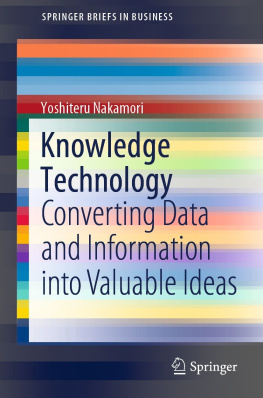


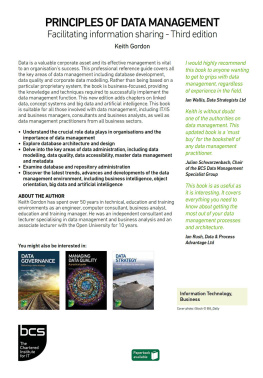
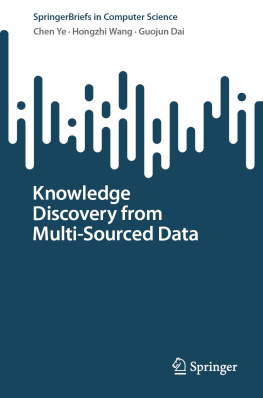
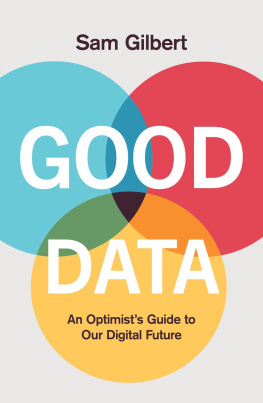

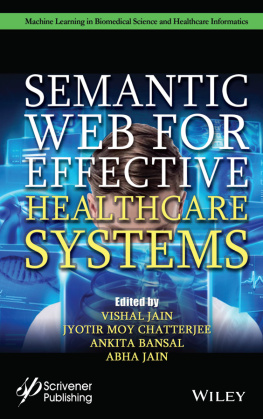
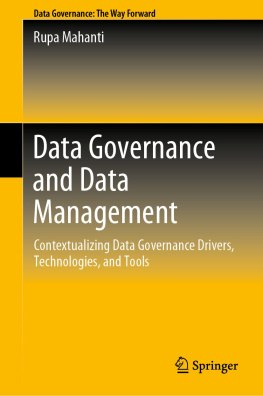
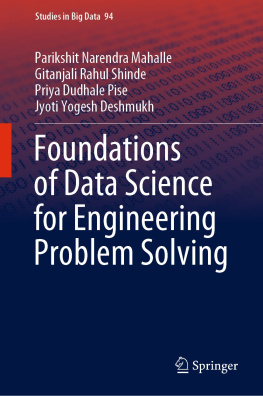
![Jim Sterne [Jim Sterne] - Artificial Intelligence for Marketing](/uploads/posts/book/124040/thumbs/jim-sterne-jim-sterne-artificial-intelligence.jpg)
